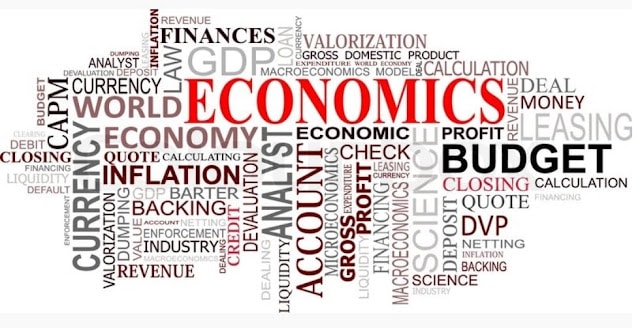Have you ever thought about whether economics is a science or an art? For decades, economists, philosophers, and intellectuals have discussed this subject, and there is no clear consensus on the solution. Some consider economics to be a science, while others consider it to be an art. Whichever side you take, one thing is certain: economics is a fascinating subject that has a significant impact on our daily lives. Economic factors influence everything from how we buy and sell products and services to how we invest and save money.
Economists differ regarding the nature of economics. To know the nature of economics, it is necessary to know whether economics is a science or an art.
Must Know: Fund Flow Statement
What is Economics
Economics is the study of how people use resources to satisfy their needs and wants. It explores how individuals, businesses, and governments make choices about what to produce, how to produce it, and for whom to produce it. Economics also examines how goods and services are distributed and consumed in society, as well as how changes in factors such as technology, government policy, and global events can affect economic outcomes.

Economics as a Science
Science systematically traces the body of knowledge. The relevant facts are collected and analyzed systematically to trace the effects back to their causes. Just physics and chemistry are sciences, Economics is also a science. We observe facts, conduct experiments, and make generalizations in physics and chemistry after testing the results. The same scientific methods are followed in economics also. Economics, results.
The same scientific methods are followed in economics also. Economics, like all other sciences, studies the relationship between cause and effect. Economics is a science because it is an organized body of knowledge where relevant facts are collected, observed, and analyzed systematically.
Economics is scientific in the sense that it lays down general principles or laws to guide the economy. Besides, economics is also a science because economics laws are those which state a causal relationship between two sets of facts. One set is the cause, and the other set is the effect. Thus economics laws represent economic tendencies or principles expressing what is likely to happen, other things remaining unchanged.
Important Topic: What is External Recruitment
Economics as an Art
Art lays down precepts or formulae to guide people to achieve certain objective-specific goals or good results.
Let me understand you with a suitable example. If poverty is removed from society, the welfare of the society will be raised. Economics prescribes certain rules and principles. Economics theories do not give any readymade conclusions but help us to solve many practical problems. Hence it is considered an art. Economics thus helps us to predict tendencies or what is likely to happen because it helps us to solve an economy that arises in society and helps to find suitable solutions suggestions for them.
From the analysis made, it may be conducted that economics is both a science and an art. It is not a mere theory and also has great practical importance as both a science and an art. It is not a mere theory and also has great practical importance in solving practical problems of the day. It is both light-giving and fruit-bearing. Hence, Economics is both science and art.
FAQs
How Economics is a Science?
Economics is considered a science because it uses empirical data, mathematical models, and scientific methods to analyze and understand economic phenomena. It employs hypothesis testing, statistical analysis, and other rigorous techniques to make predictions and draw conclusions about economic behavior and outcomes.
How Economics is an Art?
Economics is an art is through the process of economic policymaking. Economic policymakers must weigh a variety of factors and make decisions based on their own values, political considerations, and the specific circumstances of the economy. There is often no clear-cut answer, and policymakers must exercise judgment and creativity in crafting policies that balance competing interests.